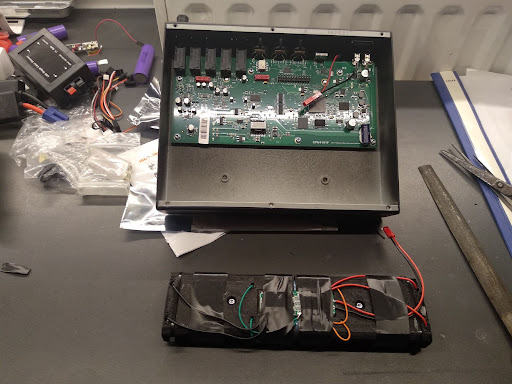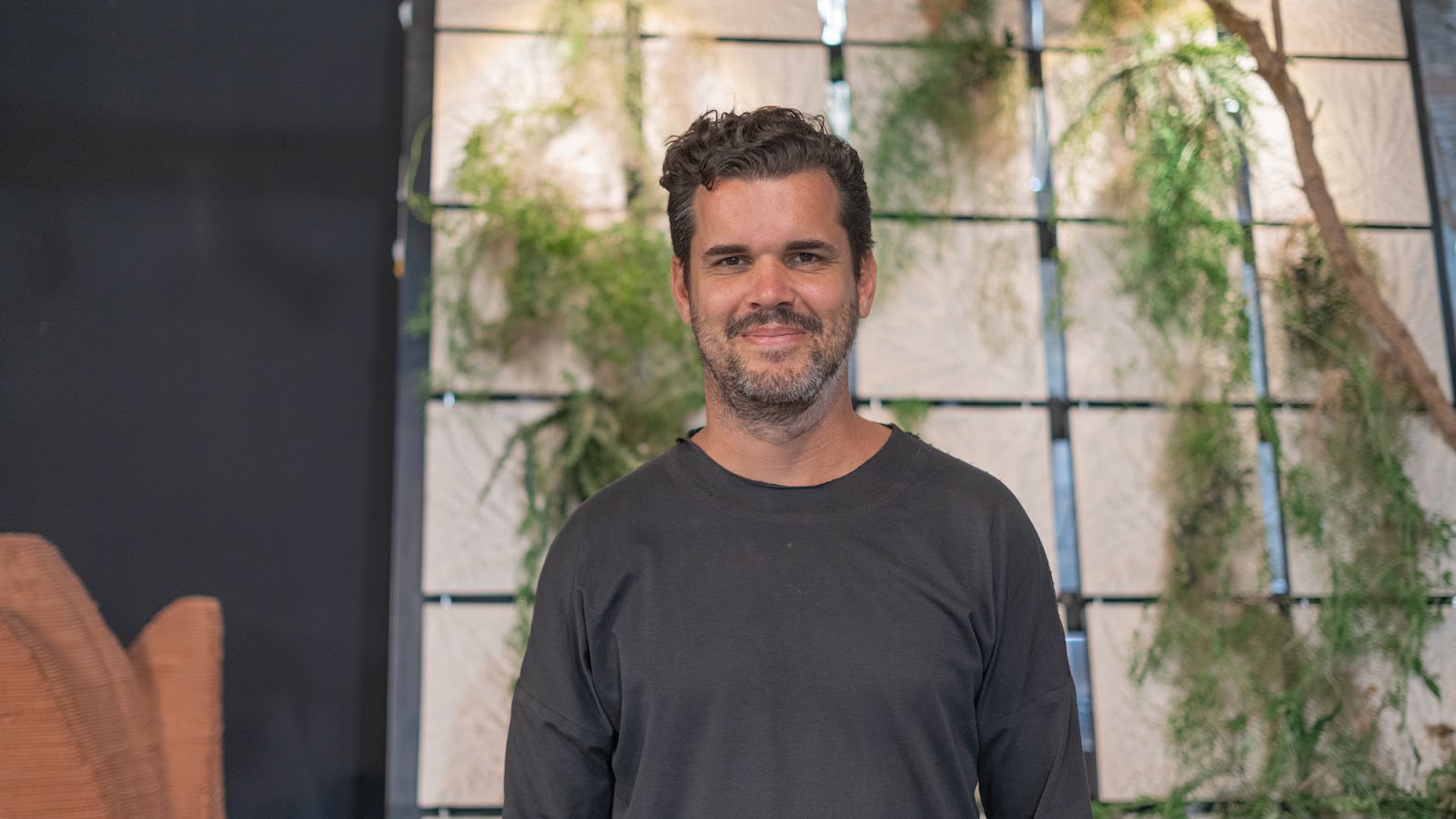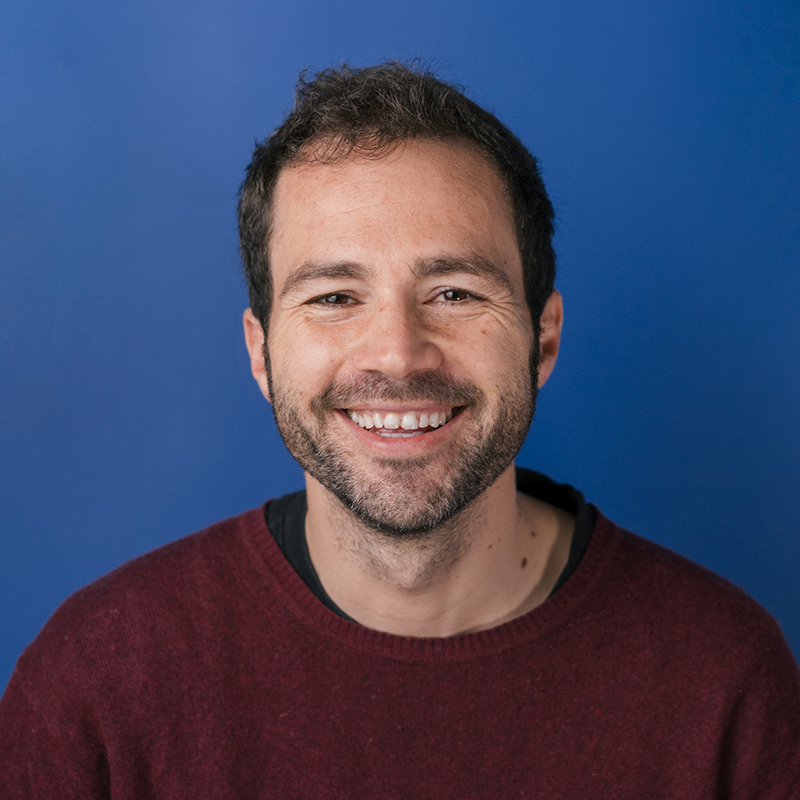Syllabus⇝
Second Year Design Studio - Master in Design for Emergent Futures
The second year of the Design Studio in the Master in Design for Emergent Futures program is dedicated to the in-depth development of students' projects, supported by complementary seminars. The structure of the second year is as follows:
Term 1: Research and Scientific Background
In the first term, students will focus on conducting research and establishing the scientific background of their projects. They will delve into relevant theories, methodologies, and frameworks to inform their design process. Through literature reviews, data collection, and analysis, students will gain a solid understanding of the context and theoretical foundations of their projects.
Term 2: Community and Context Situating
During the second term, students will shift their focus to situating their projects within a specific community and context. They will explore the social, cultural, and environmental aspects that influence the development and implementation of their designs. Through field research, interviews, and participatory methods, students will gain insights into the needs, aspirations, and challenges of the community they aim to serve.
Term 3: Scalability and Business Model
In the final term, students will work on the scalability and business model of their projects. They will explore strategies for scaling up their designs to reach a wider audience and have a greater impact. Additionally, students will develop a business model to ensure the sustainability and viability of their projects. They will consider factors such as funding, partnerships, marketing, and distribution to create a comprehensive plan for implementing their designs.
By following this structure, students in the second year of the Design Studio will have the opportunity to deepen their understanding of design for emergent futures and develop projects that address complex challenges in innovative and sustainable ways.
Deep Explanation of Term 1: Research and Scientific Background⇝
In the first term, students will embark on a comprehensive exploration of research and scientific background to lay a strong foundation for their design projects. The primary focus will be on conducting rigorous research and establishing a solid understanding of the context and theoretical underpinnings that inform their design process. This term will consist of various activities aimed at equipping students with the necessary skills and knowledge to conduct effective research and establish a scientific basis for their projects.
Literature Reviews⇝
Students will engage in extensive literature reviews to identify and analyze existing research, theories, and best practices relevant to their design projects. By reviewing scholarly articles, books, and other relevant publications, students will gain insights into the current state of knowledge in their respective fields and identify gaps that their projects can address.
Theoretical Frameworks and Methodologies⇝
To inform their design process, students will explore and apply various theoretical frameworks and methodologies. They will critically evaluate different approaches and select the ones most suitable for their projects. By integrating theoretical frameworks into their work, students will be able to ground their designs in established principles and concepts while pushing the boundaries of innovation.
Data Collection and Analysis⇝
Students will learn methods and techniques for collecting and analyzing relevant data to support their design projects. This may involve conducting surveys, interviews, observations, or experiments, depending on the nature of their research. Through data collection and analysis, students will gain valuable insights and evidence to inform their design decisions.
Contextual Understanding⇝
In addition to conducting research, students will develop a deep understanding of the contextual factors that shape their design projects. This may include investigating social, cultural, economic, and environmental aspects that influence the problem space. By considering the broader context, students will be able to design solutions that are sensitive to the needs and aspirations of the target audience.
Keywords: Emergent technologies, community engagement, business models, action research
Methodological Strategies⇝
- Research-Based Approach
- Theoretical Frameworks and Methodologies
- Community and Context Situating
- Scalability and Business Model Development
- Ethical and Sustainable Integration of Emerging Technologies
Learning Objectives⇝
-
Deepen understanding of technologies such as digital fabrication, AI, blockchain, and other emerging technologies, and explore their potential applications in addressing complex challenges in emergent futures.
-
Develop advanced research skills to investigate and establish the scientific background of design projects, specifically focusing on the integration of emerging technologies and their impact on societal, cultural, and environmental contexts.
-
Apply theoretical frameworks and methodologies to inform the design process and address complex challenges in emergent futures, with a particular emphasis on the ethical and sustainable integration of emerging technologies.
-
Gain an understanding of the social, cultural, and environmental aspects that influence design implementation within specific communities and contexts, considering the potential implications and effects of emerging technologies on these factors.
-
Utilize field research, interviews, and participatory methods to gain insights into the needs, aspirations, and challenges of target communities in the context of emerging technologies, exploring how these technologies can be leveraged to create positive social impact.
By achieving these learning objectives, students will be equipped with the necessary skills and knowledge to create innovative and sustainable designs that address emergent challenges, while effectively integrating and leveraging emerging technologies in a responsible and impactful manner.
Schedule⇝
Calendar for Term 1: Research and Scientific Background
Based on a 10-session framework, the following calendar outlines the key activities and milestones for Term 1:
Session 1: Introduction to Research and Scientific Background
- Overview of the term's objectives and expectations
- Introduction to research methodologies and literature review techniques
Session 2: Defining Research Questions and Objectives
- Guided exercises to help students articulate clear research questions and objectives
- Discussion on the importance of research focus and scope
Session 3: Literature Review
- Techniques and strategies for conducting a comprehensive literature review
- Identifying key sources and synthesizing relevant information
Session 4: Theoretical Frameworks and Methodologies
- Exploration of different theoretical frameworks and methodologies relevant to design research
- Selection and application of appropriate frameworks for individual projects
Session 5: Data Collection Methods
- Introduction to various data collection methods, such as surveys, interviews, and observations
- Ethical considerations and best practices for data collection
Session 6: Data Analysis Techniques
- Overview of qualitative and quantitative data analysis techniques
- Hands-on exercises to analyze and interpret collected data
Session 7: Contextual Understanding
- Investigating the social, cultural, economic, and environmental aspects relevant to individual projects
- Identifying contextual factors that may influence design decisions
Session 8: Synthesis and Insights
- Synthesizing research findings and insights gained from literature review and data analysis
- Identifying patterns, trends, and themes that inform the design process
Session 9: Refining Research Questions and Objectives
- Reviewing and refining research questions and objectives based on insights gained
- Ensuring alignment between research and design goals
Session 10: Research Proposal and Project Plan
- Developing a research proposal and project plan for the next stages of the design process
- Presenting and discussing research plans with peers and instructors
Please note that this calendar is a general outline and may be subject to adjustments based on the specific requirements of the program and individual projects.
Deliverables⇝
- Research proposal and project plan for the next stages of the design process.
- Documented process in MDEF repository.
Grading Method⇝
- Attendance at meetings with tutors and classes
- Delivery of assignments
European Credit Transfer and Accumulation System (ECTS)
28 ECTS over three terms:
- Term 1: Implementation (8 ECTS)
- Term 2: Validation (8 ECTS)
- Term 3: Dissemination (Scale and Distribute) (12 ECTS)
Additional Resources⇝
The bibliography will be tailored to each student's research focus.
Faculty⇝
Tomas Diez Ladera, a Venezuelan Urbanist, Designer, and Technologist, is known for his expertise in digital fabrication and its impact on future cities and society. He is a founding partner and executive director of the Fab City Foundation, and he also serves on the Institute for Advanced Architecture of Catalonia’s board of trustees, where he holds positions as a senior researcher and tutor. He actively collaborates with the Fab Foundation to support the global Fab Lab Network and has played a significant role in launching initiatives such as the Fab Academy and Fab City.
Tomas co-founded and co-designed projects like the Smart Citizen initiative and the global Fab Lab Network platform, fablabs.io. Additionally, he co-created higher degree programs, including the Master in Design for Emergent Futures (IAAC-Elisava) and the Master in Design for Distributed Innovation (Fab City-IAAC), both of which he co-directs. As a founding partner and President-Director of the Meaningful Design Group Bali, he aims to combine advanced technologies and design with alternative perspectives and cultures in Indonesia and Southeast Asia. He has received recognition as a young innovator of the year by the Catalan ICT Association and was nominated as one of Nesta's and The Guardian's top 10 Social Innovators in Europe.
Santiago Fuentemilla Garriga , is Master degree in Architecture and postgraduate in digital fabrication and rapid prototyping (Fabacademy). He accumulates more than 15 years of experience in studios (OPR, FHAUS, OPERA, Brullet de Luna associats), designing multidisciplinary projects at an international level. Since 2013 he is part of the IAAC - Fab Lab BCN team, as coordinator and leader of Future Learning Unit (FLU), an area of research, design and implementation of innovative educational models that promote growth, learning and creativity to generate opportunities to achieve the goals and challenges of uncertain futures. FLU participates in private and EU funded research projects such as TEC-LA, Shemakes, Ruractive, DOIT, Phablabs 4.0, Creative Minds, among others. He is director of the global academic programs Fab Academy and Fabricademy, in the Barcelona node, executive board of Fab Learning Academy, and faculty of the Master in Design for Emergent Futures (MDEF) and The Master in Design for Distributed Innovation (MDDI).


